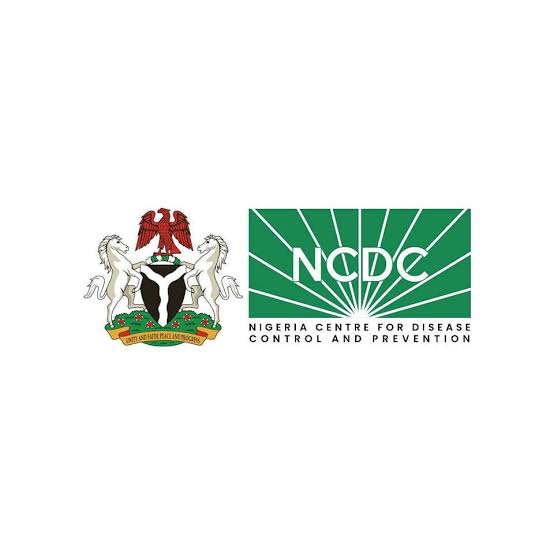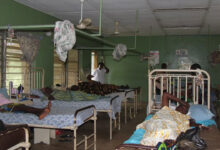NCDC Issues Alert on Cholera, Yellow Fever, and Dengue Outbreaks Amid Nigeria’s Flood Season
The Nigeria Centre for Disease Control and Prevention (NCDC) has warned of rising cholera, yellow fever, and dengue fever cases across Nigeria, driven by the ongoing flood season, and is urging heightened public vigilance and preventive measures
. The alert, issued by NCDC Director General Dr. Jide Idris on July 17, 2025, follows a Nigerian Meteorological Agency (NiMet) forecast identifying 20 states, including Sokoto, Lagos, Edo, and Benue, as high-risk for flash flooding. NiMet stated: “Sokoto State has a high risk of experiencing flash floods. Other states with notable risk of flash flooding are Kaduna, Zamfara, Yobe, Bauchi, Bayelsa, Jigawa, Adamawa, Taraba, Niger, Nasarawa, Benue, Ogun, Ondo, Lagos, Delta, Edo, Cross River, Rivers and Akwa Ibom.”
Floods exacerbate public health risks by contaminating water sources and creating mosquito breeding sites. The NCDC explained: “Floodwaters often contaminate our water sources by washing pathogens or germs from soil, animal waste, or overwhelmed sewage systems into rivers, lakes, and other bodies of water.
This contamination affects drinking water sources and creates ideal conditions for the spread of cholera, which is caused by the bacterium Vibrio cholerae.
Additionally, heavy rainfall or flooding can create stagnant water in natural and artificial receptacles such as puddles, tree holes, discarded tyres and containers which become ideal breeding sites for mosquitoes that transmit diseases such as malaria, yellow fever, and dengue fever.”
Current Outbreak Situation
Cholera: As of June 29, 2025, 34 states have reported cases, with Zamfara accounting for 32% of suspected cases, followed by Bayelsa, Adamawa, Delta, Lagos, and Rivers. The NCDC noted that cholera, which causes acute watery diarrhea, can be fatal within hours if untreated, with a 2.9% case fatality rate in 2024, exceeding the acceptable 1% threshold.
Yellow Fever: Seven confirmed cases have been reported in 2025 across Abia, Anambra, Edo, Ekiti, Lagos, and Rivers, with a single case qualifying as an outbreak under national protocols. No deaths have been recorded.
Dengue Fever: An outbreak was confirmed in Edo State between June 9–13, 2025, via laboratory testing, highlighting the growing threat of mosquito-borne diseases.
NCDC’s Response and Recommendations
The NCDC is collaborating with state governments, the National Primary Health Care Development Agency, and partners like WHO and UNICEF to strengthen surveillance, deploy rapid response teams, distribute treatment supplies, and enhance community education. Efforts include:
Cholera: Promoting hygiene, safe water use, thorough washing of produce, and avoiding open defecation.
Yellow Fever and Dengue: Advocating mosquito control by eliminating stagnant water, using insecticide-treated nets, repellents, and long-sleeved clothing, and encouraging yellow fever vaccination, which offers lifelong immunity.
The NCDC urges residents to seek prompt medical attention for symptoms like high fever, headache, muscle or joint pain, sore throat, or swollen glands, as these may indicate dengue or yellow fever, often mistaken for malaria.
Healthcare workers are advised to maintain vigilance, enforce infection control, and report suspected dengue cases, a notifiable disease in Nigeria.
Public Health Measures
To curb these outbreaks, the NCDC recommends:
• Eliminate Mosquito Breeding Sites: Clear stagnant water and cover storage containers.
• Use Protective Measures: Apply repellents, use treated nets, and wear long clothing.
• Improve Infrastructure: Enhance drainage systems to reduce water accumulation.
• Vaccination: Get the yellow fever vaccine, widely available in Nigeria.
• The NCDC’s coordinated response aims to mitigate the impact of these flood-driven outbreaks, emphasizing
• proactive hygiene, vaccination, and community engagement to protect Nigeria’s public health.


